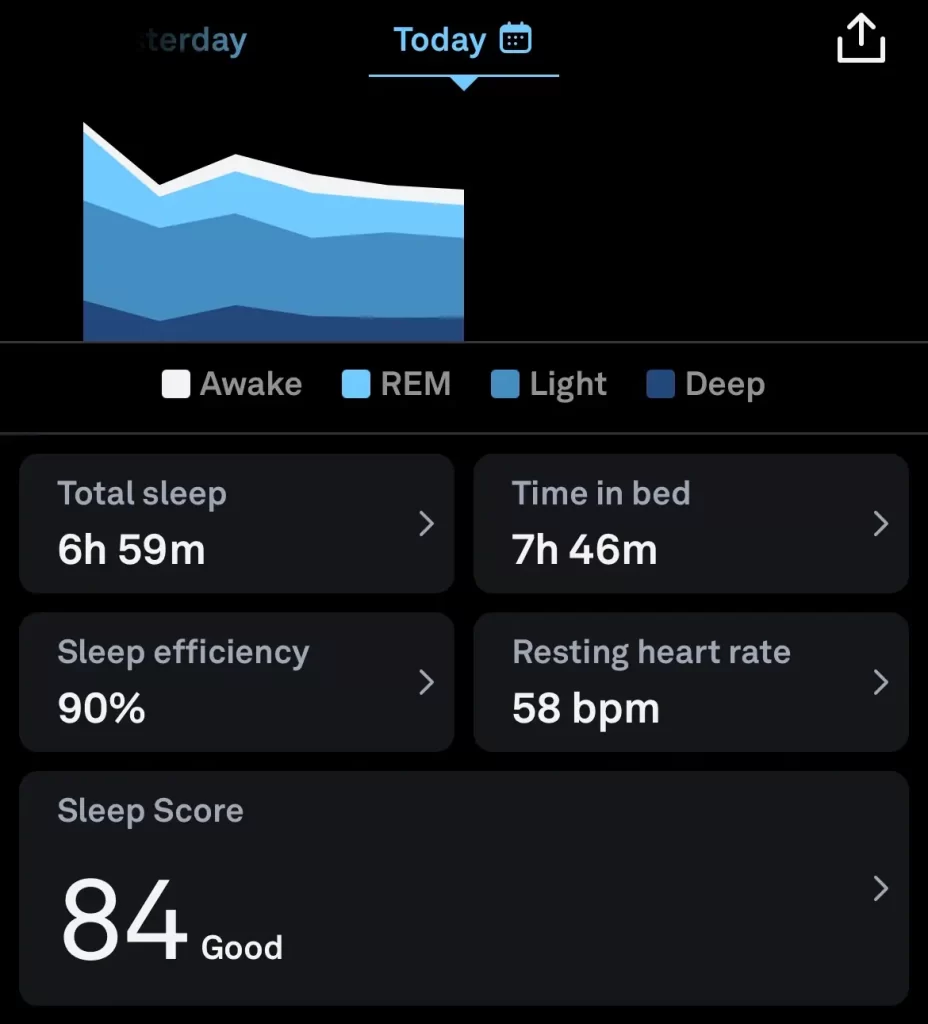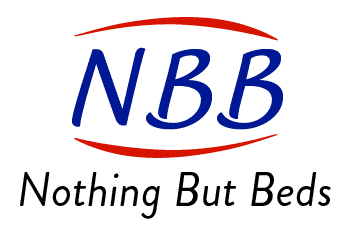In the quest for health and happiness, we often overlook a silent yet powerful ally that waits for us each night- our sleep. “Better sleep, better life” isn’t just a hopeful adage; it’s a reality made possible through the wonders of modern technology. Sleep trackers are revolutionizing how we understand and interact with our sleep patterns. They don’t just quantify our rest; they qualify it, offering insights beyond the surface of our slumber and leading to better overall wellness.

So, what exactly can sleep trackers do for you besides tell you what you probably already know — that you need better sleep? Let’s dive in and learn how sleep tracking is the key to unlocking a more awakened existence.
How Sleep Trackers Help Us Get Better Sleep:
Empower us with Data
Knowledge is power (and sleep). Through tracking and interpreting sleep data, sleep trackers provide the kind of intel to help you make lasting changes to your relationship with sleep. These gadgets monitor sleep patterns, stages, disruptions, and more. With this information, many sleep trackers reveal patterns you would otherwise be unaware of and guide you in changing your sleep habits and environment to better ensure you get what you need out of your precious time spent sleeping.
Tracking anything can increase your motivation to improve it. Seeing your sleep patterns can encourage you to adopt healthier sleep habits. It’s the same reason we count steps or track our diets — having tangible goals and feedback can be incredibly motivating.


Example of the sleep data provided by the sleep tracker app Oura
Sleep Coaching and Accountability
Many sleep gadgets come with built-in sleep coaching programs. They’re like personal trainers for your sleep, offering tips and exercises based on your personal sleep data. Sleep coaching helps you stay accountable to your goal of better sleep by connecting the dots between your sleep quality and habits affecting it.
Are you stressed or excited at night? Your sleep tracker can identify these metrics and suggest a calming guided meditation to rein in your brain.

Example of sleep coaching provided by the Oura app
Are you getting eight hours but still waking up groggy? One metric commonly measured by sleep trackers is resting heart rate (the number of times your heart beats per minute while at rest). To recover from the previous day’s activities and indulge in deep sleep and REM sleep cycles, your resting heart rate should be slightly lower than your average heart rate. Drinking alcohol, eating a big meal before bed, or exercising late at night all speed up your metabolism, which can keep your heart rate elevated throughout the night. Your sleep tracker will identify an elevated resting heart rate and empower you to be more intentional with your nighttime habits, leading to more restful sleep in the future.
Many sleep trackers also notify you when it’s time to wind down for a good night’s sleep, modify the following day’s suggested activity level based on how well your body is rested, and suggest taking it easy when you are less rested to avoid exhaustion. As the adage goes, learn to rest, not to quit.

Alarm Clocks That Work with Your Body
Imagine an alarm clock that doesn’t just ring at a set time but chooses the perfect moment in your sleep cycle to wake you up. Some sleep trackers can gently nudge you awake during your lightest sleep phase, helping you wake up feeling refreshed and never frustrated by missing the end of a dream.
Identifying Potential Health Issues
Some sleep disturbances, like sleep apnea, can be signs of underlying health issues. By monitoring your sleep through helpful metrics like blood oxygen level, trackers can spot patterns that warrant a check-up with a doctor.
Elevated temperature? Your sleep tracker will alert you. Higher than average temperature could be due to phases in your menstrual cycle or an impending illness; regardless, knowing why you’re feeling “off” is always empowering.
Long-Term Health Trends and Insights
Over time, your sleep data can reveal trends and insights about your health and lifestyle. You might notice that you sleep better on days that you exercise or that your sleep quality dips when you’re stressed. This insight can help you make long-term changes that aren’t just good for sleep but improve your overall well-being.
The Holistic Approach to Better Sleep
So, are sleep trackers the cure-all for perfect sleep? Not on their own, but as part of a holistic approach to healthy sleep habits. Sleep trackers identify how we can improve our sleep with empowering data-driven solutions. The key is to use the information they provide to make smarter choices around your sleep. By tracking your sleep, you’re setting yourself up for sweeter dreams and brighter mornings.
Let’s not forget that the foundation of good sleep is a comfy mattress. Pair your high-tech sleep tracker with a high-quality mattress from Nothing But Beds. Together, they are the dream team for your sleep health and wellness. Happy sleeping!




